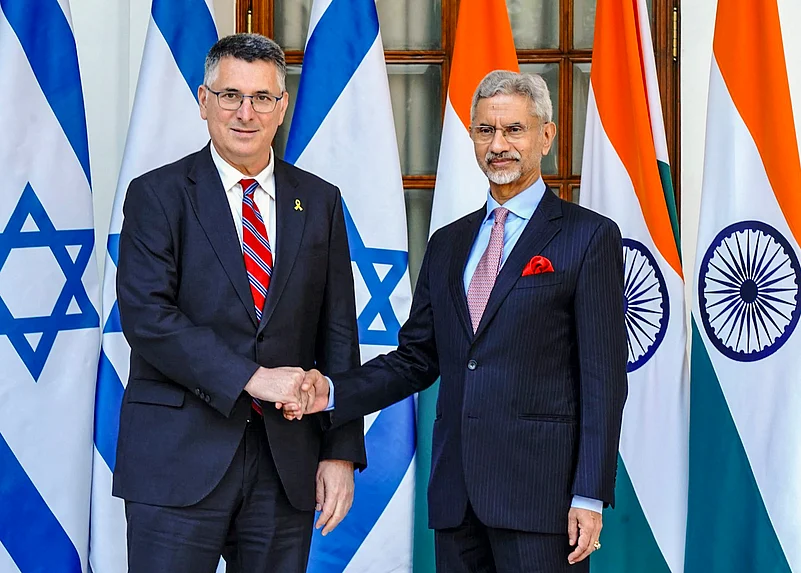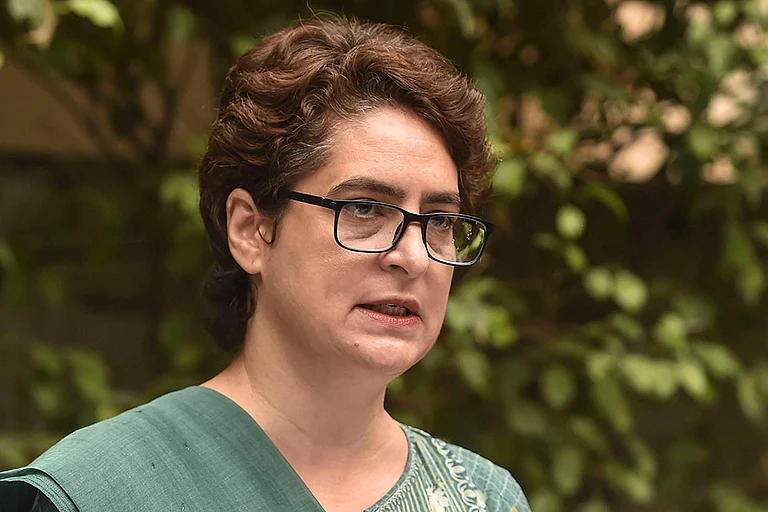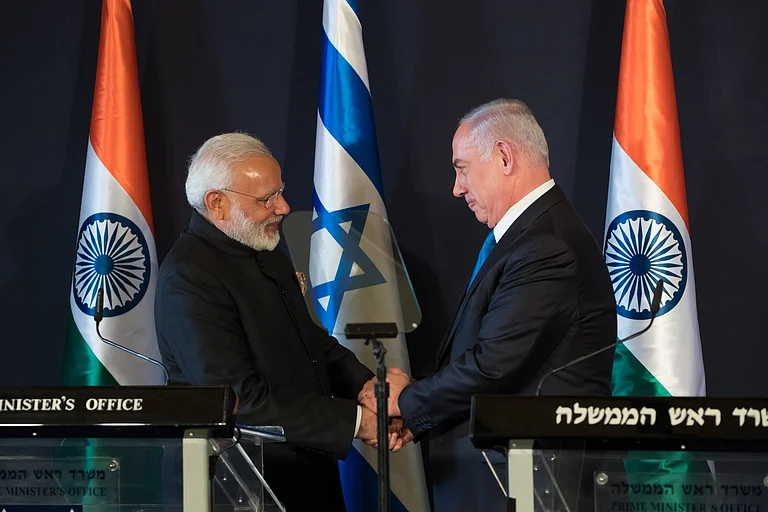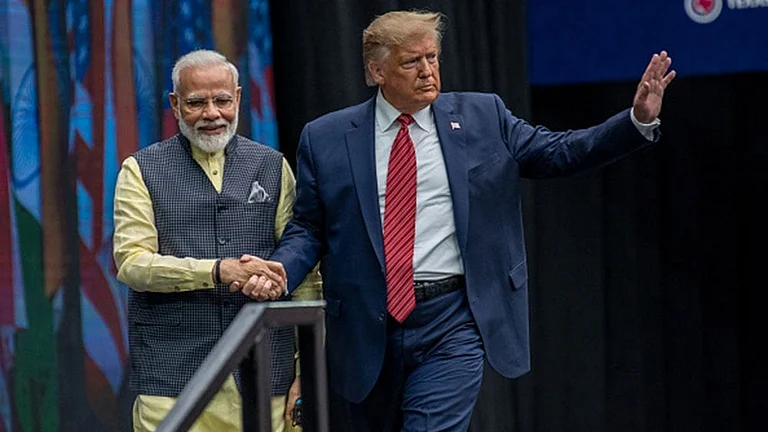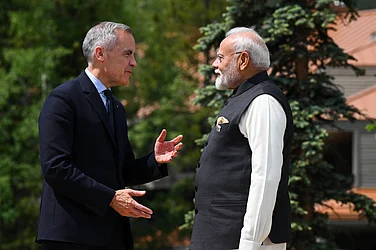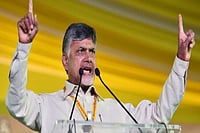
Both sides called for a global “zero-tolerance” approach to terrorism, with Jaishankar reaffirming trust in India-Israel ties.
Sa’ar backed Trump’s Gaza peace plan, vowing “no compromise” on disarming Hamas, while India expressed hope for a lasting solution.
The ministers discussed expanding trade, infrastructure cooperation, and mobility agreements under the IMEC framework.
On Tuesday, India and Israel discussed ways to develop a global strategy of "zero tolerance" to fight terrorism and improve collaboration in trade, infrastructure, and connectivity, while New Delhi hoped that the US-brokered peace plan for Gaza would bring long-lasting peace to the region.
The topics were discussed during discussions between External Affairs Minister S Jaishankar and his Israeli counterpart Gideon Sa'ar, which took place as the two countries consider whether Israeli Prime Minister Benjamin Netanyahu will visit India in the coming months.
According to information obtained, the idea of implementing the India-Middle East-Europe Economic Corridor (IMEC) was discussed in relation to increasing regional connectivity.
In his televised opening remarks at the meeting, Jaishankar said both India and Israel are facing the challenge of terrorism.
"We have stood together in testing times. And we have created a relationship with a high degree of trust and of reliability. Our two nations face a particular challenge from terrorism," he said.
"It is essential that we work towards ensuring a global approach of zero-tolerance towards terrorism, in all its forms and manifestations." On his part Sa'ar, on a three-day trip to India, said Israel is confronting the "radical terror states" of Hamas in Gaza, Hezbollah in Lebanon and Houthis in Yemen.
"The eradication of Hamas' terrorist state is at the heart of President (Donald) Trump's plan. Hamas must be disarmed, Gaza must be demilitarised.We will not compromise on it," he said.
Sa'ar also recalled Prime Minister Narendra Modi's support to Israel.
"We remember he was the first world leader to call Prime Minister Netanyahu after Hamas' October 7 massacre and we won't forget it," he said.
In his remarks, Jaishankar, referring to the Gaza peace plan, said India has been following the developments with "very close attention".
"We welcome the return of the hostages and the remains of those who unfortunately, lost their lives. India supports the Gaza Peace Plan and hopes that it paves the way for a durable and lasting solution," he said.
A ceasefire in the Gaza Strip was made possible by the 20-point peace plan. Israel released nearly hundreds of Palestinian inmates and detainees as part of the plan's initial phase of implementation, while Hamas released all remaining captives.
Additionally, the two foreign ministers discussed strategies for increasing bilateral trade.
"The recent conclusion of our bilateral investment agreement is a notable step in that direction. It is noteworthy that your ministerial colleagues dealing with agriculture, economy, tourism and finance have all visited us recently," Jaishankar said.
India has developed many new capabilities, especially in rail, road and port infrastructure and our businesses are very keen to explore opportunities in Israel and we would certainly like to give that more attention, he added.
The two sides can also take forward their joint work in agriculture, innovation, semiconductors and cyber issues, he said.
"Indian workers are also today present in Israel in growing numbers as a result of our mobility understanding. They have some issues which need attention and I hope that we can take that dimension of our ties forward," he said.
"Given our strategic cooperation, an exchange of perspectives on regional and global issues also holds great value," Jaishankar added.
With PTI inputs.






